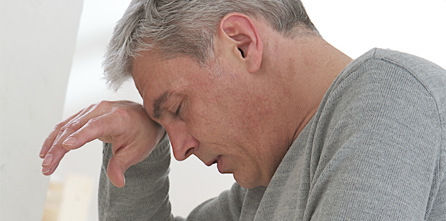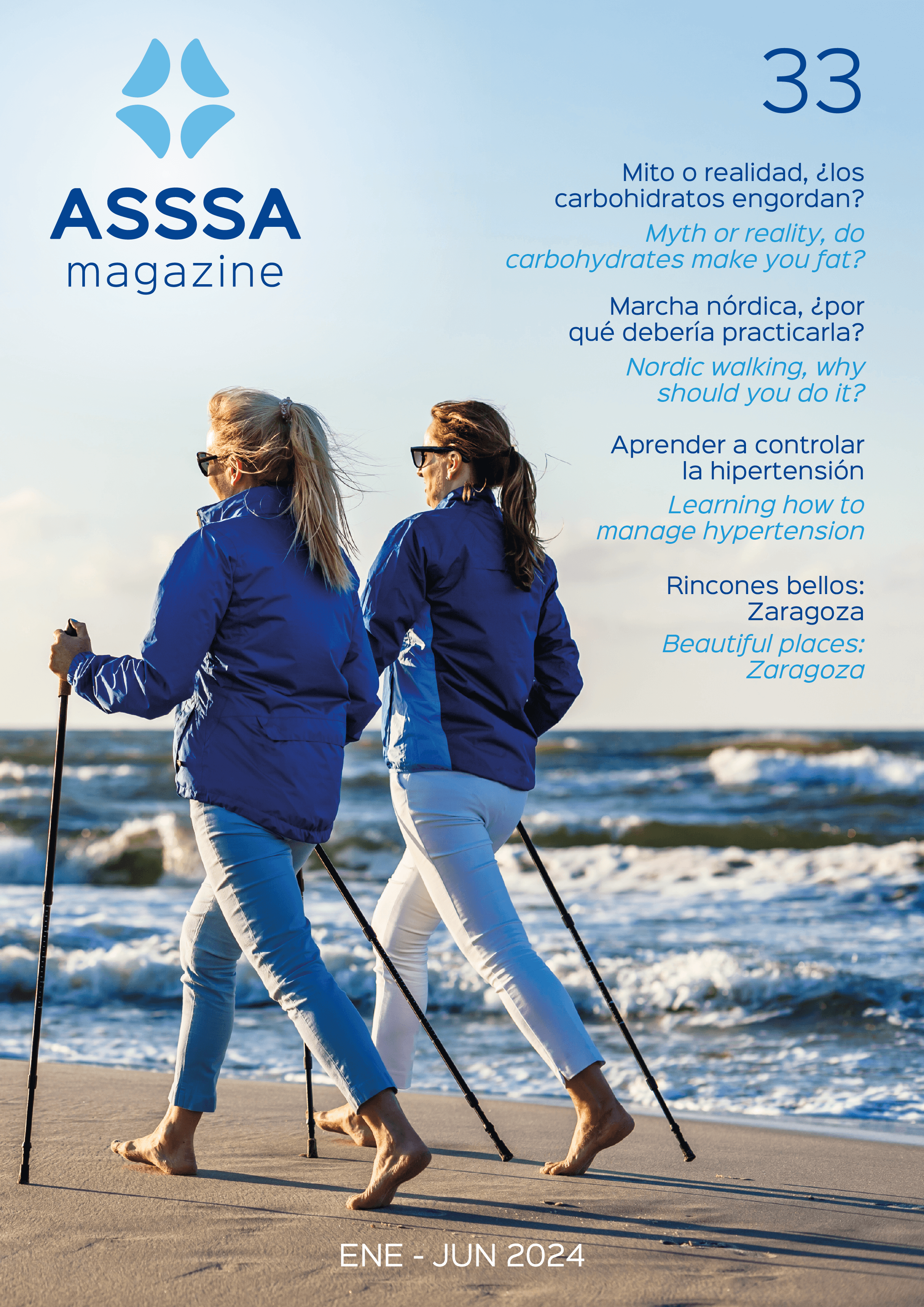
Older men’s sexual health has been a taboo subject for years. Their sex lives did not seem to matter for their quality of life and sexual problems were regarded as something to be ashamed of and kept hidden away.
Today’s greater life expectancy, a much healthier population and changing attitudes have all highlighted a growing concern in older people for making improvements to their sexual health.
Of all the problems detected, the most frequent affects the ability to have an erection. Erectile dysfunction is the main, but not only cause, of sexual dysfunction. Lack of sexual desire (hypoactive sexual desire), ejaculatory disorders and the hormonal decline linked to ageing are other reasons for sexual dysfunction in men.
Sexual dysfunction
– Erectile dysfunction.
– Absence of sexual desire.
– Ejaculatory disorders.
– Hormonal disorders.
Erectile dysfunction (ED)
This is the persistent inability to achieve or maintain an erection that is sufficient to allow a satisfactory sexual relationship.
It is a very common problem in older men. ED is a multi-factor problem and many conditions that become more likely with increasing age are risk factors for ED, notably cardiovascular risk factors (hypertension, diabetes, dyslipidemia, obesity, etc.), degenerative neurological diseases and pelvic surgery (rectal and urological). A number of pharmaceutical drugs widely used in older people may cause or aggravate the symptoms of erectile dysfunction.
ED can be a warning sign of severe cardiovascular problems, increasing the risk of coronary artery disease and stroke. Recent studies have found a link between prostate conditions and erectile dysfunction.
Absence of sexual desire
Hypoactive sexual desire in men consists of the permanent and persistent absence of erotic fantasises and the motivation for sexual intercourse. Their interest in sex starts to wane and the gaps between sexual activity become longer.
Psychological problems can also lead to a lack of sexual desire. Loss of affection and finding your partner less attractive are not the only factors that lead to a diminished sex drive. Psychological disorders, such as excessive anxiety and depression are likely to cause a drop in libido. Another frequent cause is avoidance behaviour due to previous sexual dysfunction, mainly erectile dysfunction; the belief that proper sexual intercourse is impossible results in loss of motivation and adoption of avoidance tactics.
Ejaculatory disorders
Ejaculatory disorders include loss of pleasure during ejaculation, a drop in the volume of semen and even the absence of ejaculation, premature ejaculation, delayed ejaculation and retrograde ejaculation (when semen is redirected to the urinary bladder instead of being ejaculated via the urethra).
Premature ejaculation can be primary (lifelong) or secondary (also known as acquired). In older men, the secondary type is usually more common.
Hormonal disorders. Testosterone deficiency syndrome
The levels of testosterone (the sex hormone) drop with age. In men who live for a long time, there may be an androgen deficiency, so this period is also termed the andropause. In addition to age, the main risk factors for testosterone deficiency are diabetes and obesity.
Conclusions
Increasing life expectancy and improvements in people’s general state of health mean that sexual health is becoming an issue that more and more older people are having to address.
The myth that sex drive decreases with age has to be debunked.
Sexual dysfunctions must be treated appropriately and people should be able to look forward to a happy sex life as they get older.
The information published in this media neither substitutes nor complements in any way the direct supervision of a doctor, his diagnosis or the treatment that he may prescribe. It should also not be used for self-diagnosis.
The exclusive responsibility for the use of this service lies with the reader.
ASSSA advises you to always consult your doctor about any issue concerning your health.












